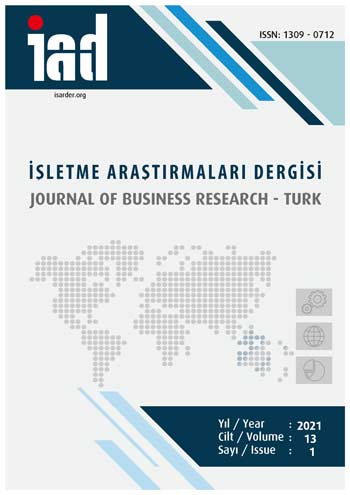Financial Policies of European Union Countries Regarding the Tourism Industry in COVID-19 Process
Financial Policies of European Union Countries Regarding the Tourism Industry in COVID-19 Process
Author(s): Ümit Şengel, Mustafa Kenan ErkanSubject(s): Business Economy / Management, Economic policy, Health and medicine and law, EU-Accession / EU-DEvelopment, Financial Markets, Public Finances, Fiscal Politics / Budgeting
Published by: İşletme Araştırmaları Dergisi
Keywords: COVID-19; Finance; Fiscal Policies; Monetary Policies;
Summary/Abstract: Purpose – The aim of this study is to examine the financial policies implemented by EU countries in the tourism industry during the COVID-19 process. Design/methodology/approach – The tourism industry has been studied for two reasons. First, the pandemic has significantly affected the tourism industry due to its dynamic structure, which is very quickly affected by crises. The rapid spread of the pandemic through international travel operations has deepened this situation. Second, there are a large number of new entrepreneurs and SME-level enterprises in the tourism industry mostly in need of financial support. In the study, qualitative research methods were used and document analysis was used as a data collection tool. Data on the fiscal and monetary policies implemented by EU countries for the tourism industry during the COVID-19 process were obtained from the United Nations World Tourism Organization (UNWTO). Content analysis was used in the study. The data obtained were analyzed with the help of MAXQDA Qualitative Analysis Program. Findings – According to the results of the study, the financial and monetary policies developed by European Union countries to reduce the impact of COVID-19 on the tourism industry have strong relations with each other. Countries provide support for tourism enterprises to continue their activities. The support given is mainly focused on SMEs. In addition, support is provided to make employment sustainable, liquidity assistance is provided to eliminate cash shortages, especially in credit and employment support Discussion – In fiscal policy, it functions as important in banks as it does in public authorities. Credit, liquidity and tax are the financial instruments most involved in financial policies.
Journal: İşletme Araştırmaları Dergisi
- Issue Year: 13/2021
- Issue No: 1
- Page Range: 123-135
- Page Count: 13
- Language: English

